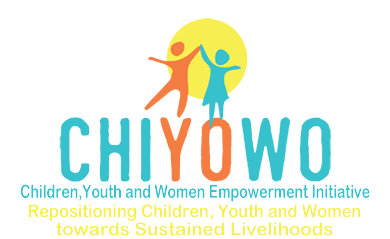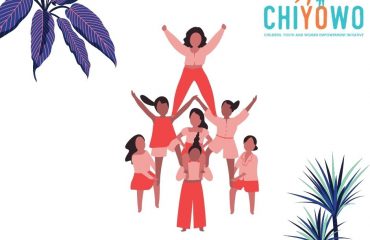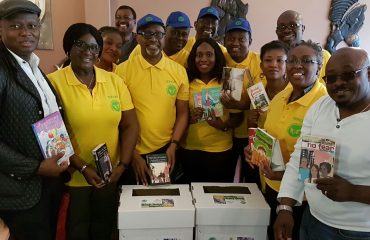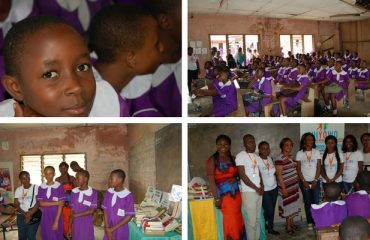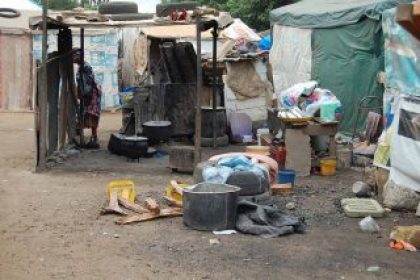
Giving Internally Displaced Women Hope
Tokunbo Ifaturoti
There are approximately three million internally displaced persons (IDP) in Nigeria who have been displaced by conflict. The number has been rising steadily in recent months and is accompanied by increased calls for the protection of the most vulnerable among the displaced, namely women and children.
The report Improving the Protection of Internally Displaced Women: Assessment of Progress and Challenges by Chaloka Beyani, United Nations Special Rapporteur on the Human Rights of Internally Displaced Persons reminds us that women make up just about half of the persons displaced within their own countries. It also highlights the list of special rights the United Nations observes for women who have been internally displaced. These rights include:
- Non-discrimination and the right of expectant mothers, mothers of young children, and female heads of household to protection and assistance that “takes into account their special needs”
- Protection from sexual and gender-based violence (SGBV) and other forms of violence and exploitation
- The right to access all necessary documents, education and training
- The need for internally displaced women to actively participate in decision-making at all stages of displacement
Within Nigeria, several individuals and organizations, including local and international charities, have taken up the challenge of ensuring these rights are respected. Many have gone a step further by seeking to empower internally displaced women. These efforts range from sewing machines donated by Princess Ozolua and the Body Enhancement Foundation, to the provision of psychosocial support by the government-established Nigeria Foundation for the Support of Victims of Terrorism (Victims Support Fund), and the donation of beads and ornaments to encourage the development of sustainable livelihoods amongst women in IDP camps in Nigeria by ChiYoWo (Children, Youth and Women Empowerment Initiative).
It is unlikely that all IDPs will ever be able to return to their original homes and villages. The outpouring of concern and assistance, however, raises hopes for women in Nigerian IDP camps. Their rights are of international interest and they are being given some of the tools, power and support they need to successfully restart life for themselves and their families outside of the camps.
